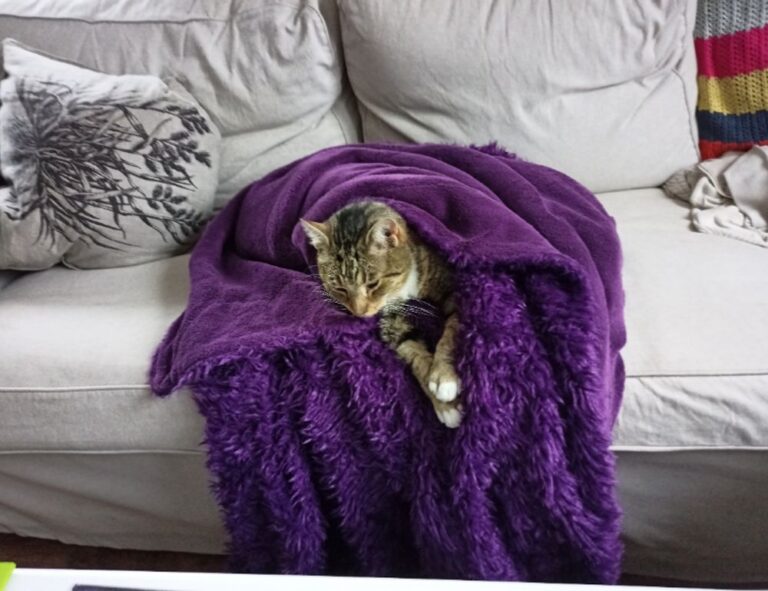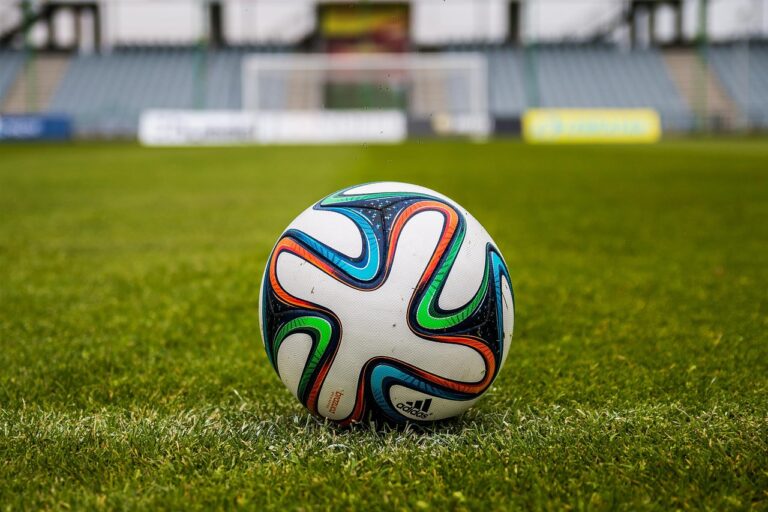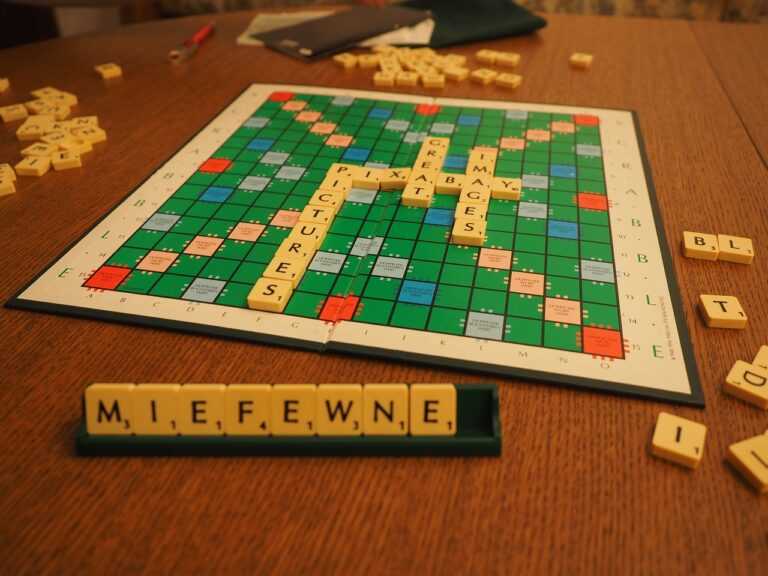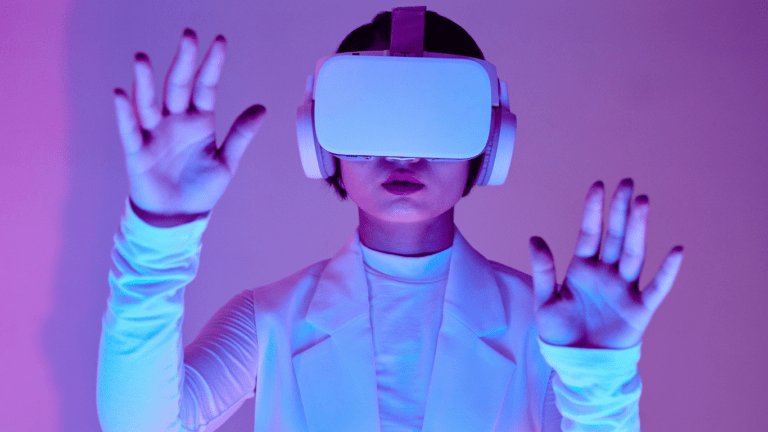Esports has exploded in popularity, captivating millions around the globe. While the thrill of competition can be exhilarating, it often comes with immense pressure and the risk of burnout. I’ve seen firsthand how the relentless demands of training and performance can take a toll on mental health, affecting players both on and off the screen.
In this article, I’ll explore the unique challenges esports athletes face regarding their mental well-being. From the intense scrutiny of fans to the pressure of constant improvement, it’s crucial to understand how these factors contribute to stress and burnout.
Together, we’ll uncover effective coping strategies that can help players navigate these challenges and maintain a healthy balance in their gaming careers.
Understanding Esports and Mental Health
Esports has grown into a global phenomenon, impacting players’ lives significantly. Recognizing the intersection of esports and mental health is critical in addressing the challenges players face.
The Rise of Esports
Esports, characterized by competitive gaming, has surged in popularity over the past decade. In 2022, the global esports market generated approximately $1.38 billion in revenue, highlighting its increasing economic significance.
Major tournaments attract millions of viewers, with events like the League of Legends World Championship reaching over 100 million viewers. This popularity places immense pressure on players to perform at peak levels consistently. Players often train for more than 12 hours daily, leading to intense competition and the expectation of continuous improvement.
The Importance of Mental Health in Gaming
Mental health plays a vital role in an athlete’s success and well-being. Players frequently encounter stressors such as public scrutiny, harsh criticism, and fluctuating performance levels. According to the International Journal of Environmental Research and Public Health, approximately 35% of esports athletes report experiencing anxiety and depression.
Maintaining mental health is essential for focusing on skill development and enjoying the gaming experience. Support systems, including mentorship and mental health resources, are crucial for helping players cope with these pressures while fostering resilience and balance.
The Pressure in Competitive Gaming
Competitive gaming brings intense pressure on players, stemming from expectations, public scrutiny, and self-imposed demands. Understanding these factors can help esports athletes manage their mental health more effectively.
Expectations from Players
Expectations from players are immense, often leading to significant stress. Teams, organizations, and fans demand consistent top-tier performance. Players face pressure not only to win but to innovate strategies and maintain mechanical skills.
As a result, many invest time in extensive training regimens, frequently exceeding 12-hour practice days. Players often feel they must prove themselves alongside their peers, which can amplify anxiety and contribute to burnout.
Impact of Social Media
Social media amplifies pressure on competitive gamers through scrutiny and feedback. Platforms allow fans to voice their opinions, often harshly. Players receive immediate feedback on performance, influencing self-esteem and mental health.
Negative comments and toxic fan culture can increase feelings of anxiety and depression among players. Additionally, the comparison to other players exacerbates this stress, affecting overall well-being and performance. Understanding the impact of social media helps players navigate these challenges while maintaining focus on their gaming careers.
Symptoms of Burnout in Esports Athletes
Burnout manifests in various signs, affecting both physical and mental health. Understanding these symptoms helps identify when to seek support or adjust training.
Physical Signs
- Fatigue: Players often experience persistent exhaustion, making it hard to maintain focus during gameplay.
- Sleep disturbances: Irregular sleeping patterns, including insomnia or oversleeping, signal an imbalance in daily routines.
- Increased illnesses: Frequent colds or other health issues may arise, reflecting a compromised immune system due to stress.
- Headaches: Regular headaches can indicate physical strain, often exacerbated by long hours in front of screens.
- Muscle tension: Long gaming sessions lead to stiffness and soreness, especially in the neck and back.
Emotional and Psychological Symptoms
- Irritability: Heightened frustration or anger during games often reveals underlying stress or disinterest.
- Loss of motivation: A noticeable decline in enthusiasm for training, practice, or competition highlights a disengagement from the sport.
- Anxiety: Persistent worry or fear of underperforming can create a mental barrier, hindering game performance.
- Depression: Feelings of sadness, hopelessness, or emptiness may become more common, impacting everyday life outside the game.
- Social withdrawal: Avoiding teammates, friends, or family reflects a retreat from social support networks, worsening mental health.
Coping Strategies for Esports Players
Maintaining mental health in esports requires effective coping strategies. Here are ways to enhance well-being amid competitive pressure.
Developing a Healthy Routine
Establishing a structured schedule promotes mental clarity. I prioritize consistent sleep patterns, aiming for 7 to 9 hours each night. I integrate regular exercise into my day, whether through cardio or strength training, to boost mood and physical health.
Balanced nutrition plays a pivotal role; I consume diverse foods like fruits, vegetables, lean proteins, and whole grains to support cognitive function. Additionally, I include time for relaxation and hobbies outside of gaming to create a well-rounded lifestyle.
Importance of Breaks and Downtime
Incorporating breaks is vital for sustained performance. I schedule short breaks every hour during training sessions to recharge my focus. Engaging in activities like stretching, meditation, or even quick walks helps alleviate stress.
I also designate full days off from gaming to disconnect and pursue other interests. These intentional pauses prevent burnout and foster renewed motivation, allowing me to return to gaming refreshed and ready to tackle challenges.
Support Systems and Resources
Support systems play a vital role in managing the pressures and challenges faced in esports. Both professional help and community support provide essential avenues for players to cope with stress and burnout effectively.
Professional Help and Therapy
Professional mental health services offer crucial support for esports athletes experiencing anxiety, depression, or burnout. Licensed therapists and psychologists specializing in sports psychology understand the unique pressures of competitive gaming.
They provide tailored strategies for stress management and resilience building. Many players find that one-on-one counseling helps them navigate personal challenges and build coping mechanisms. Techniques such as cognitive behavioral therapy (CBT) can lower anxiety levels and improve performance under pressure.
Accessing professional resources through team organizations or independently ensures that mental health remains a priority.
Community Support and Peer Networks
Community support plays a significant role in fostering resilience among esports players. Peer networks allow gamers to share experiences, advice, and coping strategies. Online forums, social media groups, and local gaming communities create a sense of belonging and understanding.
Engaging with fellow players can reduce feelings of isolation and provide emotional validation. Many organizations now offer mentorship programs, connecting younger players with experienced veterans who can offer guidance. Building these supportive relationships can enhance mental well-being and help players navigate the competitive landscape together.













































































































































































































































































































































































































































































































































































































































































































































































































































































































































































































































































































































































































































































































































































































































































































































































































































































































































































































































































































































































































































































 As a content specialist and tech-savvy gaming enthusiast, Christopher Elliotterio brings clarity and depth to Power Gamer Strategy Hub’s tutorials and player guides. His contributions focus on helping gamers master mechanics, optimize strategies, and explore new genres with confidence. Through his accessible and detailed writing, Christopher plays a key role in educating and empowering the gaming community.
As a content specialist and tech-savvy gaming enthusiast, Christopher Elliotterio brings clarity and depth to Power Gamer Strategy Hub’s tutorials and player guides. His contributions focus on helping gamers master mechanics, optimize strategies, and explore new genres with confidence. Through his accessible and detailed writing, Christopher plays a key role in educating and empowering the gaming community.